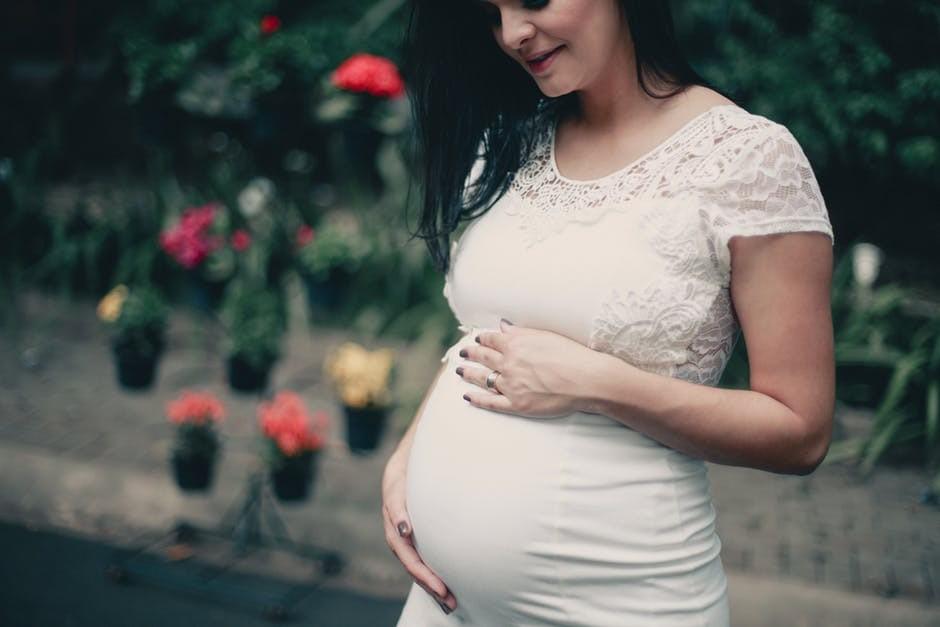
The first step in undergoing tubal reversal surgery is to determine whether the procedure is right for you. As with any surgical procedure, there are potential risks associated with tubal reversal surgery. Bleeding, infection, and anesthesia are just a few of the most common risks. A woman should also expect to have some abdominal or pelvic tissue damage during the procedure, but these are relatively rare.The surgery can restore one or both tubes to a working condition. Women who had a tubal ligation performed at birth or in the postpartum period may have limited success. A woman who had her tubes reconnected can achieve pregnancy. While tubal reversal surgery is highly effective in reversing an infertility problem, the process can be extremely invasive. Visit this page to know more about the tubal reversal surgery.
The recovery period is typically two to three weeks. Women are encouraged to avoid strenuous activity, intercourse, and aspirin during recovery. Other risks include infection, injury to other organs, and blood loss.Although many women are unaware of their options, it is possible to become pregnant after tubal ligation. In vitro fertilization (IVF) bypasses the fallopian tubes to conceive. While tubal reversal surgery may be possible for many women, the quality of the sperm of the partner is critical. Couples with poor sperm quality may have better success with IVF.Women aged 35 and under have a 50 to 80 percent chance of becoming pregnant after undergoing reversal surgery.
This success rate depends on the age of the woman, other associated fertility factors, and the type of procedure performed. After tubal reversal, there is a two to seven percent risk of ectopic pregnancy. A woman who becomes pregnant after tubal reversal should monitor her pregnancy closely.Some women choose to wait months to have this surgery. Others can conceive years afterward. Depending on your body's unique needs, you may have to undergo several visits to get the desired results. The first follow-up visit is usually about a week after the surgery, but you may need to stay overnight. Your surgeon will probably schedule the surgery to occur between days five and twelve of your cycle. Some women conceive as early as six months after their surgery, and some may even conceive years later. A HSG test will confirm whether the tubes have opened or closed.
Tubal reversal surgery reattaches separated fallopian tubes. The goal of the tubal reversal nc surgery is to minimize scarring. After a successful procedure, a woman's fertility is restored and she can have children. While tubal reversal surgery is not 100% effective, a woman can expect a 75 percent post-operative pregnancy rate. It is best to choose a fertility specialist who is well-trained in this procedure.The first post-operative recovery period after a tubal ligation is approximately two hours.
Afterwards, you will be transferred to a post-operative recovery room. Nurses will monitor you until you are awake. You should make arrangements for transportation to your home or to a hotel if you live out of town. In addition, you should avoid long journeys on the same day. For this reason, tubal reversal surgery is not always covered by insurance plans.Knowledge is power and so you would like to top up what you have learned in this article at: https://en.wikipedia.org/wiki/Tubal_reversal.